sports science
projects
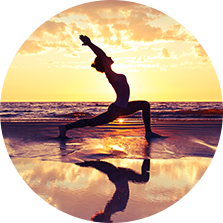
Research on space effective, cost-effective and accessible exercise interventions - SUN SALUTATIONS
Physical activity is a useful preventable tool for a range of chronic diseases. A large proportion of the population is sedentary due to limited accessibility and barriers, both real and perceived. Increasing access to and options for exercise may prove to improve physical health.
The current study investigated the effects of a Sun Salutation yoga routine and walking over a period of two weeks. In addition, a novel pulmonary measuring device using a balloon and bucket was designed. This device was used to measure forced vital capacity. Subjects were a total of six university students, two of who were trained, two active and two sedentary.
The yoga group were required to undergo 20 minutes of yoga, five days a week\according to a demonstration DVD provided to each subject. The control group were required to complete a brisk 20-minute walk at a speed associated with 65% of their maximum heart rate. Results indicate no significant changes in ventilatory thresholds or peak oxygen consumptions across subjects in both the yoga and control group (P<0.05). Lack of significance was attributed to the low sample size and a short period of the intervention.
A significant correlation (r=+0.925) was found between FVC values obtained with the gold standard spirometry device and the novel balloon pulmonary measuring method. More accessible and cost-effective exercise interventions like yoga as well as effective and simple testing devices have significant potential for application for a greater range of the population.
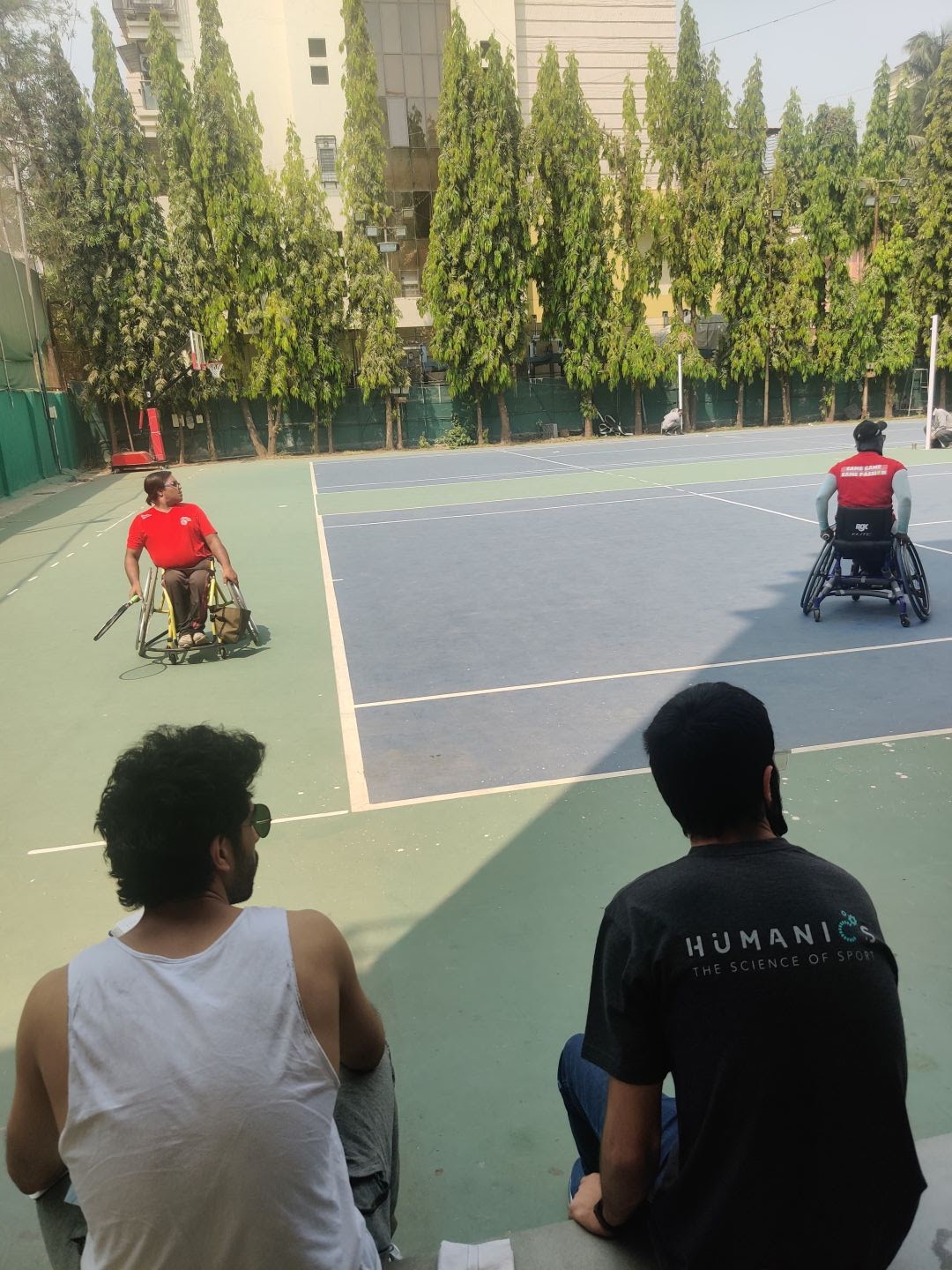
Sport Science Programs Developed for Wheelchair Tennis Players in Mumbai (2020-2021)
Humanics developed and implemented a sport science protocol for recreational wheelchair tennis players keen to compete professionally.
Research & Development - We collected data collection to understand the current lifestyle, diet and training protocols along with constraints of wheelchair tennis athlete in India. We then worked to develop an easy to follow protocol for the athletes. We put a team of consulstants together bringing the correct expertise to the team. We ran weekly sessions with the athteltes across Nutrition, Physiotherapy, S&C and Tennis Technique.
Training & Education - Additionally we ran weekly educational sessions on a range of topics including sport science, nutrition, psychology and used a combination of lecture, practical and discussion based learning to drive home concepts that would empower atheltes to improve their perforamnce.
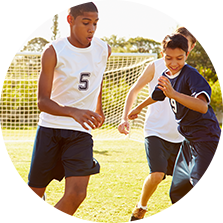
Essay: Sport Participation Reduces Youth Violence
Self-esteem among adolescents is directly correlated to delinquency. Indirect relationships are also present as self-esteem is related to traits such as, belief of internal control, substance abuse, gang activity etc. that are predictors of aggressive behaviour.
Regardless of character traits, all violent crimes stem from aggression in defence of the self-image. Participation in sport provides a range of physiological and psychological benefits that contribute to the overall mental well-being of an individual.
Sports participation plays an indirect role in increasing global self-esteem through mental well-being and physical self-esteem. Participation in sport promotes respectable character traits such as honesty, fairness, teamwork and health awareness that decrease the probability of criminal behaviours among adolescents.
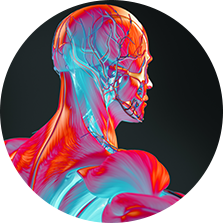
Research: Heat Acclimation Memory - The Nature of The Heat Acclimation Response
Heat acclimation can induce physiological adaptations in an athlete that may subsequently be beneficial for general exercise performance. The goal of the current study was to investigate the nature response to heat acclimation and to test the theory of ‘Heat Acclimation Memory’ whereby re-acclimation to heat after a decay period would occur more rapidly than the initial acclimation.
Experimental design was a case study approach. The subject was a 26-year-old untrained female student. A 7-week training program was designed in 3 phases: The study was carried out in 3 phases.
Phase 1 was a Long Term Heat Acclimation (LTHA) protocol consisting of 14 consecutive days of heat exposure.
Phase 2 was designed to allow for decay of heat adaptation while maintaining strength and cardiovascular fitness.
Phase 3 was a Short Term Heat Acclimation (STHA) Protocol consisting of four consecutive days of heat exposure Heat stimulus was provided using ‘Bikram Yoga’ sessions.
Ride and strength sessions were incorporated into the training program. Results indicate a decrease in resting heart rate by 4 bpm and a decrease in body temperature of 0.3 deg C after LTHA and STHA, indicating a faster rate of re-acclimation during re-acclimation.
Exercise RPE was decreased post heat acclimation. No changes in Vo2 max were observed. In conclusion, heat acclimation proves to have substantial potential to elicit physiological adaptations that may improve exercise performance.
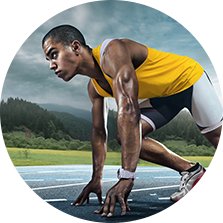
Sport Psychology Essay: Mental Toughness In Elite Athletes - "It’s not the mountain we conquer, but ourselves"
A limiting factor of mental toughness research is the lack of a single, universal definition of the term. The term mental toughness has been defined by a number of different research teams, and research is not standardized. Given the importance of mental toughness in sport, an effort should be made to standardize a definition of the term in order to gain higher quality research data.
In addition to a general description, mental toughness should be investigated in sport-specific settings. Given the vast variability of demands placed on athletes participating in different sports, different mental toughness attributes may dominate different sports.
An effort should be made to implement mental toughness research into practice. The importance of mental skills is well established in sporting circles. Interviews conducted with a number of NCAA1 coaches of various sports teams reveal that 100% of the coaches agreed on the need for mental skills training yet only 9 % made an attempt to include such training while coaching.
The two main reasons for this were lack of knowledge and time restrictions. Thus, a short focused mental skills training program could be implemented into training routines. Further, the implementation of a more comprehensive coaching team and education on mental skills training in sporting environments could prove to be highly beneficial to athletes.

